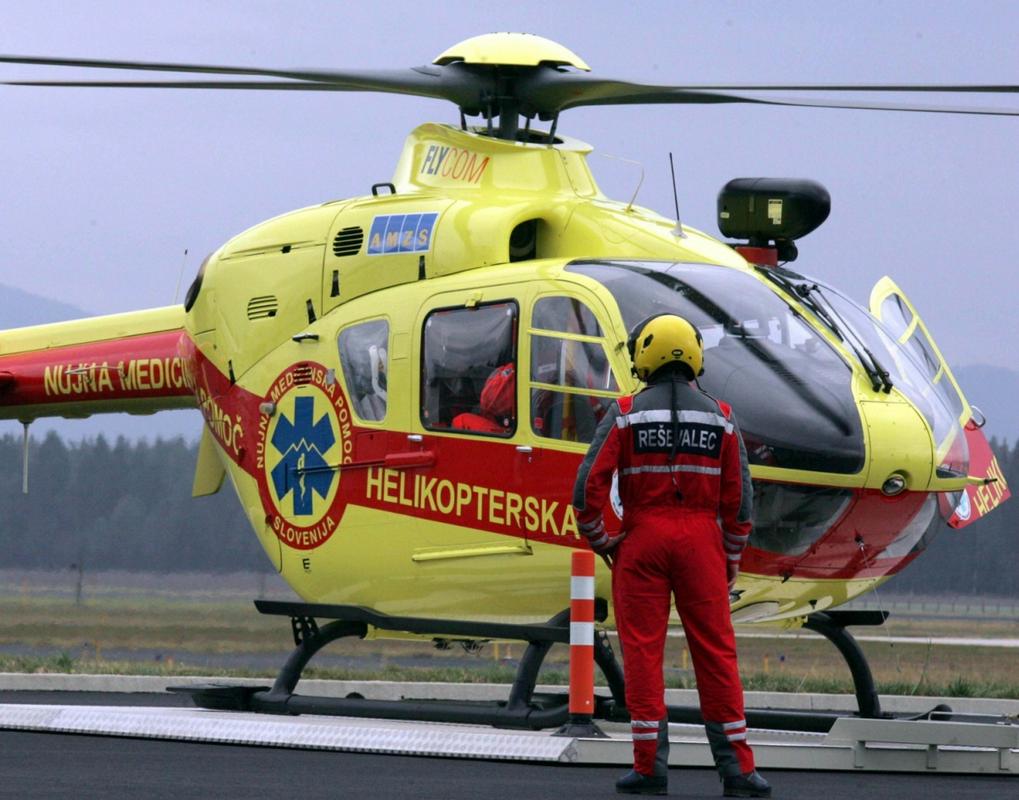
With its towering Alpine peaks, Slovenia has a long tradition of organized mountain rescue operations. For the past decades, some of the most challenging rescues have been carried out with the help of helicopters, but in 1997, a freak accident during a training flight resulted in the country’s worst mountain rescue tragedy of all time.
June 10, 1997, a Tuesday, promised to be an ideal day for a helicopter rescue exercise in the Savinja Alps of northern Slovenia. Five experienced rescuers, including a doctor and a police officer, headed towards the northern face of Turska Gora, a prominent peak above the cirque of Okrešelj.
As part of the exercise, they were to attach a rescuer and a stretcher to a helicopter, which would then pick them up and carry them back to the valley, much like what would happen during a real-life rescue mission. But when they attached a line to the chopper, tragedy struck.
Rescuers signaled to the helicopter pilot that he could begin to pull away. One of the rescuers, however, had remained attached to a safety rope that the team had anchored around a large boulder. As the helicopter began to lift, it yanked on the still-attached safety rope, which caused a large piece of the boulder to break free, and all five of the rescuers were pulled down the cliff. They were killed instantly.
The tragedy shocked Slovenia, a small country whose people tend to have a deep bond with their mountains. It also left `13 children without their fathers. A special fund was set up for the victims’ families, and the accident is still remembered each year with a public memorial and commemorative hike.
Still, the lessons learned from the accident – and a number of successful training exercises -- have helped to make the Slovenian mountain rescue service one of the best and most experienced in the world. Despite the tragedy of 1997, many young people have continued to sign up for mountain rescue training, and 400 rescues are now carried out each year, many of them by helicopter. Speedy chopper transports save lives in cases where ground transport would often come too late.
And unlike in many other Alpine countries, helicopter mountain rescues remain free of charge in Slovenia. The country’s mountain rescuers see them as a public service – a case of humans helping each other out in the often inhospitable environment high above the tree line.

































































